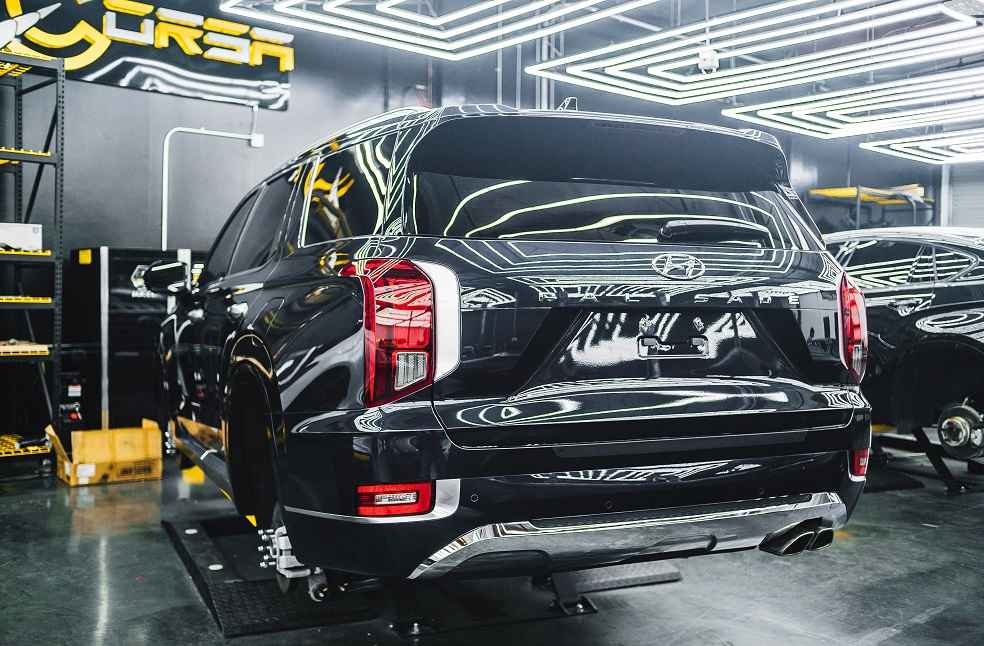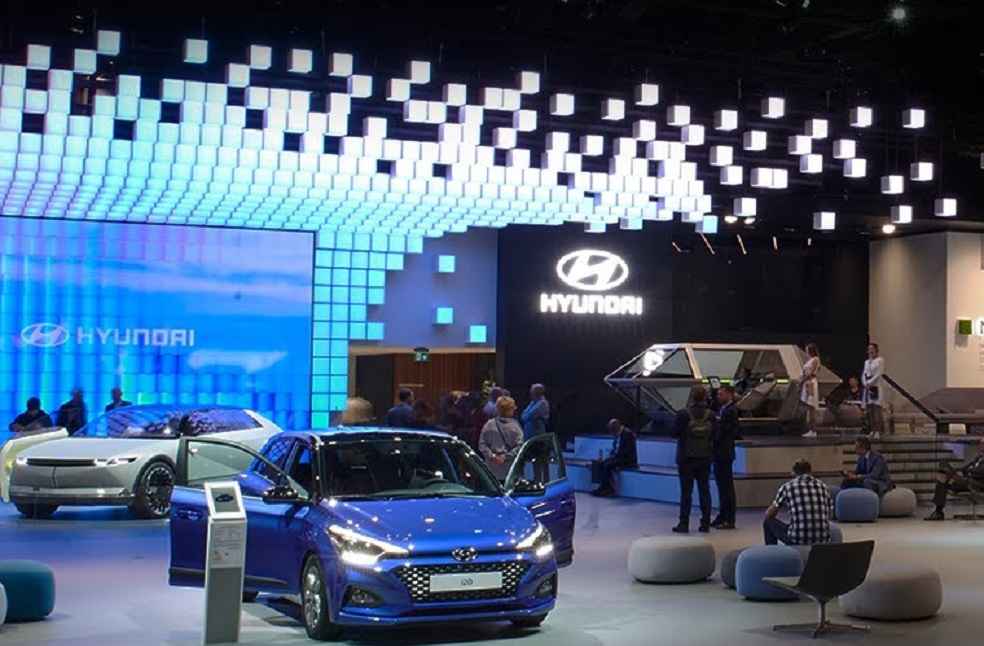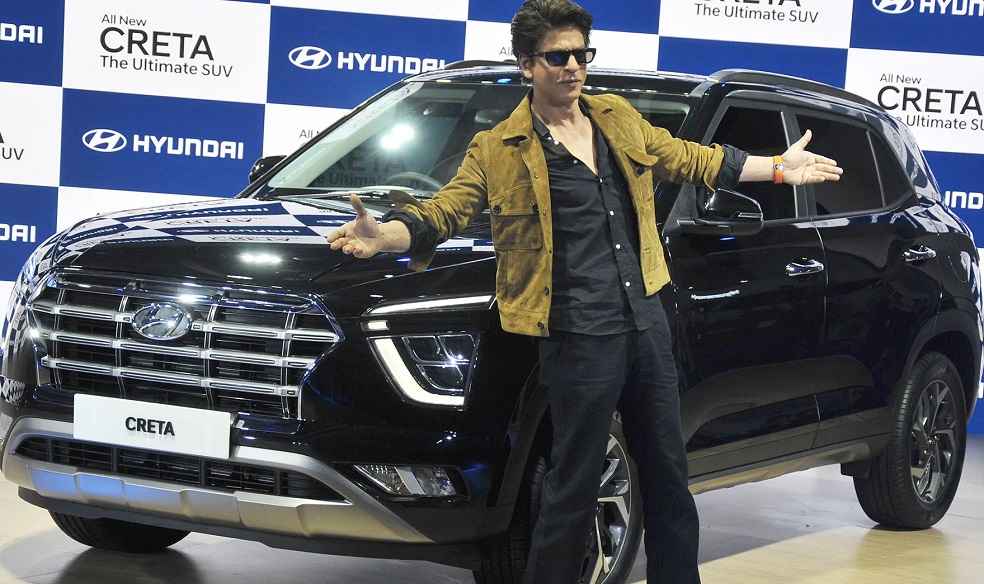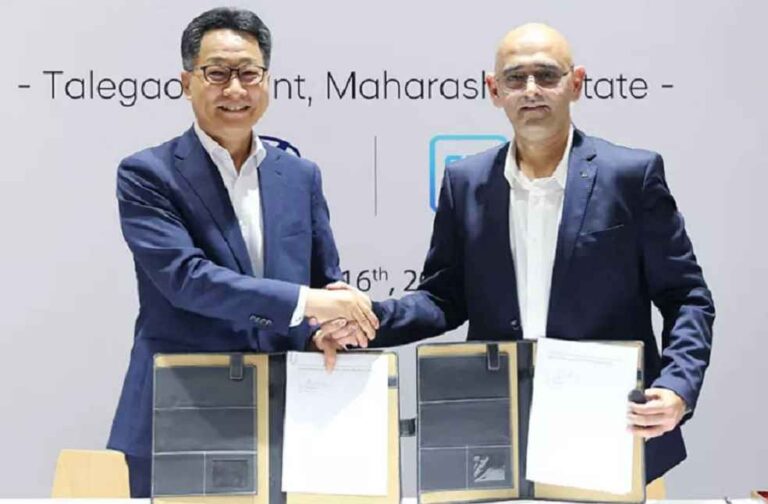The formal agreement took place in Gurugram, Haryana, with notable representatives from both companies. Among them were Kim Eun-soo, Hyundai Motor India’s Executive Vice President for the Middle East & Africa Strategic Region, and Asif Khatri, GM India’s Vice President of Production.
Kim emphasized the acquisition’s significance, stating, “By initiating full-scale operations at the Talegaon plant by 2025, Hyundai envisions creating a state-of-the-art manufacturing epicenter that will substantially bolster the Indian automotive sector.”
This acquisition awaits regulatory approval from the Indian government. Once sanctioned, Hyundai Motor India will possess the land and assets of the Talegaon establishment.

Hyundai’s endeavor aims to solidify its leadership in India’s rapidly advancing automotive market while adeptly navigating the nation’s brisk shift towards vehicle electrification.
India’s automotive industry trajectory is notable, with sales touching 4.76 million vehicles last year, making it a key contender behind industry leaders China and the U.S. Forecasts anticipate a surge to 5 million vehicles in the passenger car segment by 2030.
The Indian government’s environmental vision is evident in its ambitious goal of achieving a 30% market share for electric vehicles (EVs) by 2030.

Hyundai’s prominence in the Indian market is accentuated by its commanding 14.5% market share in the previous year, second only to Maruti. Challenges arose for the brand due to production constraints, preventing it from fully catering to the Indian automotive market demand.
With the acquisition of the Talegaon facility, boasting an impressive annual production capacity of approximately 130,000 vehicles, Hyundai aims to address this demand gap and diversify its vehicle portfolio. Operations at the plant are slated for 2025.
Beyond traditional vehicles, Hyundai positions itself to tap into India’s burgeoning EV market. Current data shows EVs comprise 1.2% of the automotive market, with growth rates from 2021 indicating a transformation. Hyundai sets its sights on this evolution, targeting 1 million EV sales by 2030.

This acquisition will enhance Hyundai’s dominance and competitiveness in the Indian market. The acquisition is just one of the small steps in a ten-year strategy to tap the dormant potential of India’s EV market. Hyundai plans to complete a large chain of acquisitions if it gets government approval, senior officials revealed.
DON’T MISS | Global Impact: India Strengthens Automobile Scrap Policy





